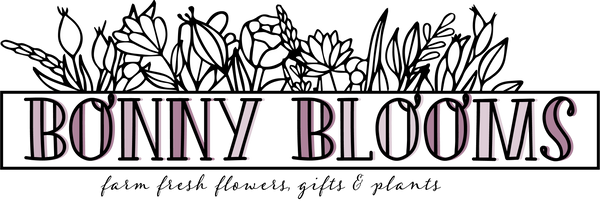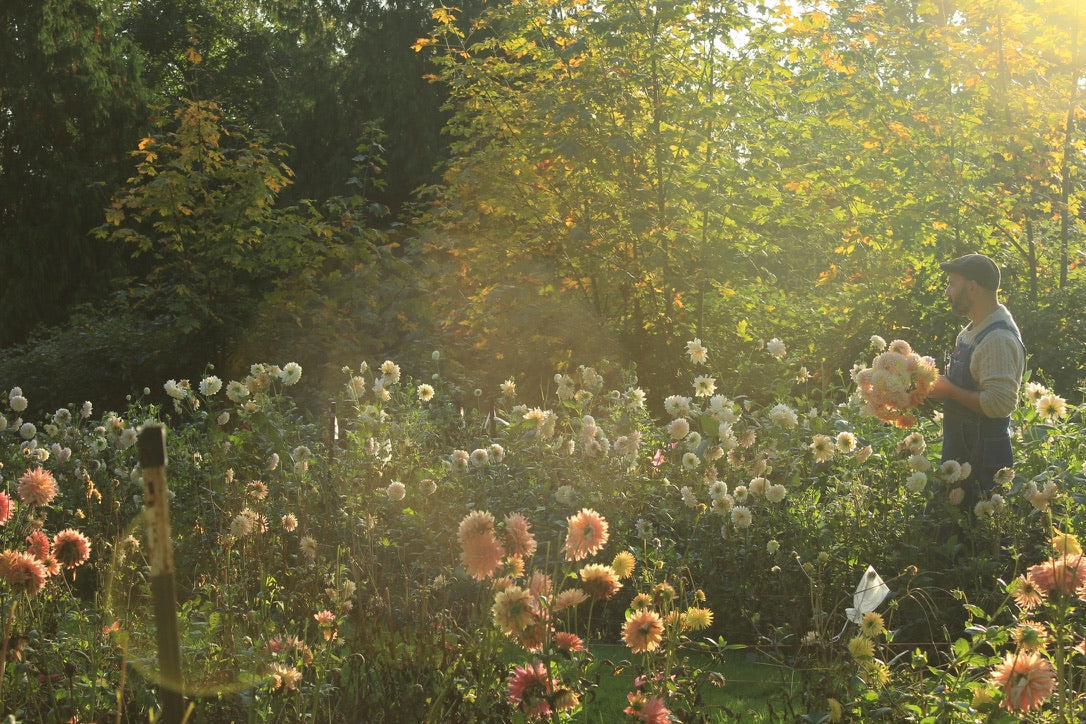Farms are full of little ghosts, memories that settle like summer dust, waiting to be kicked up. You walk the same paths year after year, and certain spots hold their small, sweet moments or old injuries and painful lessons. A few summers ago, I noticed a little brown sparrow giving herself a dust bath in the gravel path beside the flower field. “Hey, little chicken!” I called out with a chuckle as she fluffed her feathers in the dust. “Be careful now, there’s a cat around.” That evening, as I was closing the greenhouse, I found her body - killed but not eaten. A harsh reminder of the suddenness of life’s turns. Even now, years later, that one little spot on the path, known only to me, still draws an occasional melancholy glance.

A decade in, the farm has found its own rhythm, like a well-worn record - crackling and occasionally stuttering, but somehow just right. The light falls a certain way, and the smell of the soil after a spring downpour awakens the senses, along with the thistle and goosefoot seed. Even the sounds - the gentle rustling of cottonwood leaves as cool evening air moves in from the coast, or the late summer chorus of frogs and crickets peaking in September, fading slowly each night to a single chirp and occasional croak, as the killing frost draws closer. It all evokes a comforting déjà vu. It's second nature now; you could almost do it all with your eyes closed.

On a warm spring afternoon, you can sense the aphids before you see them, clustered under the first tender buds, drawing out the sweetness meant for the blooms. You walk the rows, catching glimpses from the corner of your eye. If you're lucky, the ladybugs are already there, tiny red dots on a green canvas, doing their work without fuss. Do you trust Nature's cleanup crew, or step in and wipe the stems clean? It’s a mini tug-of-war between intervention and trust.

In these quiet moments of decision-making, the real story of a farm unfolds. It’s no longer about fields bursting with blooms or rows of perfectly spaced plants; it’s about the small, daily choices that shape the land and your relationship with it. Walking through the seasons, each step seems like a conversation - with the soil, the weather, the ghosts of seasons past. Farming isn’t just a job but a dialogue with the earth, a way of life where every decision leaves its mark. As you keep walking, you realize these little ghosts - the memories and stories - help keep the farm alive, guiding you along and keeping you company on those long, solitary afternoons.


